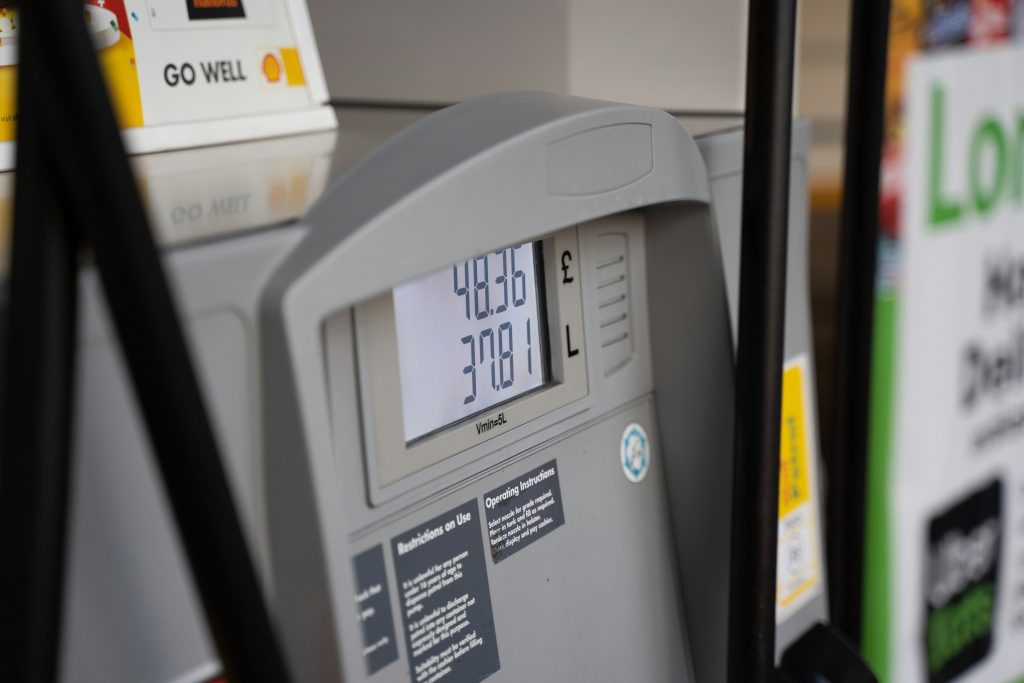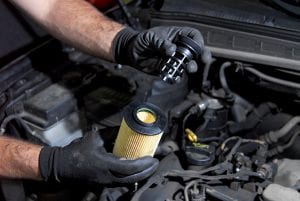When it comes to vehicle engines, one of the most common questions is whether to choose petrol or diesel. For engineering companies, especially those with vehicle fleets or those advising clients, understanding the fundamental differences between these two fuel types is crucial to ensure that customers are getting the most out of their car and choosing the one that is fit for their lifestyle and needs. Both petrol and diesel have their strengths and weaknesses, and the choice depends on factors such as fuel efficiency, environmental impact, and the intended use of the vehicle.
How petrol and diesel engines work
Petrol and diesel engines operate on the same basic principle: converting fuel into energy through combustion. However, the method of combustion differs between the two. In petrol engines, air and fuel are mixed before entering the combustion chamber. A spark plug then ignites this mixture, creating the explosion that drives the piston. This process is known as spark ignition. Diesel engines on the other hand use a process called compression-ignition. Air is compressed to such a high pressure that it heats up, and diesel fuel is injected into the hot, compressed air. This causes spontaneous ignition without the need for spark plugs.
Put the wrong fuel type in your car? Here’s everything you need to know.

The difference between a petrol and diesel engine
Fuel efficiency
One of the primary differences between petrol and diesel vehicles is fuel efficiency. Diesel engines are generally more fuel-efficient than petrol engines. Diesel fuel contains more energy per litre than petrol, and the higher compression ratio in diesel engines means they extract more energy from each drop of fuel. As a result, diesel vehicles can travel further on the same amount of fuel, making them a better choice for long-distance driving or vehicles that are in constant use. While petrol engines are less fuel-efficient, advancements in technology are closing the gap. Petrol engines are often preferred for short journeys and urban driving, where the benefits of diesel efficiency are less noticeable.
Cost of fuel and car maintenance
In terms of finances, diesel cars are typically more expensive per litre than petrol, especially in the UK. However, the higher fuel efficiency of diesel engines may offset this price difference for those covering long distances regularly. Diesel engines also tend to be more expensive to maintain as they often require more robust components to withstand the higher pressures in the engine
On the other hand, petrol engines are typically cheaper to maintain, as they have fewer components subjected to high stress.
Performance and driving experience
The performance of petrol and diesel engines varies significantly, which affects the overall driving experience. Petrol engines tend to offer smoother acceleration and a quieter ride. In general, petrol engines perform better in cars designed for speed and agility and they are more responsive when driving at a high speed.
Diesel engines excel in low-end torque, meaning they deliver more power at lower speeds. This makes diesel engines ideal for heavy vehicles or towing, as they can pull more weight with less effort. However, diesel engines can be noisier and less refined than their petrol counterparts, impacting comfort and smooth driving experiences.
Environmental impact
In recent years, environmental concerns have become a significant factor when choosing between petrol and diesel vehicles. Diesel engines produce more nitrogen oxides (NOx) and particulate matter (PM) compared to petrol engines. However, they also produce less carbon dioxide (CO2), which contributes to global warming. Petrol engines generally produce lower NOx and PM emissions than diesel engines but emit more CO2.
Government regulations and incentives
In response to concerns about NOx emissions, diesel vehicles have faced increased scrutiny in recent years. Many UK cities including London and Birmingham have introduced low-emission zones, which impose fees on high-polluting vehicles, often targeting older diesel models. Additionally, vehicle tax rates may be higher for diesel cars with higher emissions.
The UK government also offers incentives for electric and hybrid vehicles, which could influence future decisions regarding petrol and diesel cars.

Things to consider when choosing between petrol and diesel
- How many miles do you drive per year?
- Do you drive mostly in urban areas or on motorways?
- What is your budget for vehicle maintenance and repairs?
- How important is fuel efficiency to you or your business?
- Do you require a vehicle for towing or carrying heavy loads?
- Are you concerned about the environmental impact of your vehicle?
- How long do you plan on owning your vehicle?
- What is the cost difference between petrol and diesel at the pump?
- Are there any government regulations or taxes that might affect your decision?
- How important is driver experience to you?
Automotive Consumables by Filter Services
Whether you’re a single driver looking for a new car battery or need a new set of filters for your set of HGV vehicles, we have a range of consumables for all purposes, models and users.
We also sell a huge range of automotive filters for all kinds of vehicles including cars, lorries and tractors. With some of the world’s leading brands, like Baldwin, Mann filters, Donaldson, Fleetguard, HiFi and more on offer, we’re sure we’ve got something to suit your needs (and if not, we’ll get it for you).
Call us today on 01246 802 822 and we’ll be glad to help!
